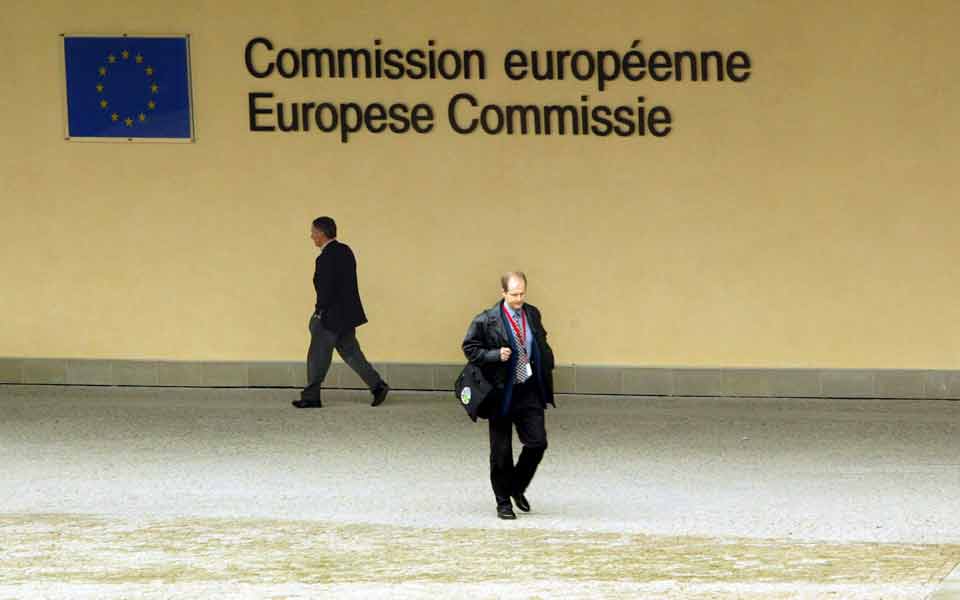Bailout programs have only helped ‘to a limited extent’

The three bailout programs applied since 2010 “only helped Greece to recover to a limited extent,” while all of them lacked a growth strategy for the economy, according to a report by the European Court of Auditors (ECA) on the Greek bailouts issued on Thursday.
After almost three programs (the third expires next August), the economy has shrunk by more than a quarter without Greece returning to growth, the country’s debt has increased and the banks still “have a limited ability to finance the real economy,” argues the report, which focused on the role the European Commission has played in the bailouts.
It added that the programs have “promoted reform and avoided default by Greece, but the country’s ability to finance itself fully on the financial markets remains a challenge.”
The detailed report was based on access to a series of documents and interviews in Brussels and Athens, and its main criticism is that, despite the clear midterm targets, the programs were not supported by a general growth strategy that would extend beyond the programs.
At the start of the bailout process the Commission lacked the experience in managing such a project and required a whole year to plan the procedure that would be followed. Even when it developed an operating system for the assessment of terms there were still weaknesses in the assessment of the implementation of structural reforms.
The ECA stressed that although reforms on tax and civil administration have brought about fiscal benefits, their application has been much weaker, adding that in all policy fields the implementation of certain basic reforms has been considerably delayed or inefficient.
Another major challenge the bailout programs have faced is political instability in Greece, as from October 2009 to January 2015 Greece went to the polls six times, and each new government required time to reaffirm its commitment and approach to reforms.
The report also noted that of the 45.4 billion euros the Hellenic Financial Stability Fund has channeled to the Greek credit system since the start of the crisis in 2010, just a fraction – amounting to 5.7 billion – can be retrieved in the long term, and only via an increase in the banks’ share prices, while most of the capital invested is expected to remain part of the country’s national debt.





